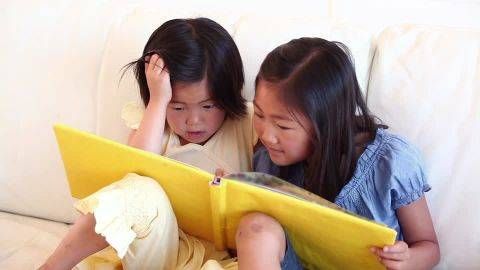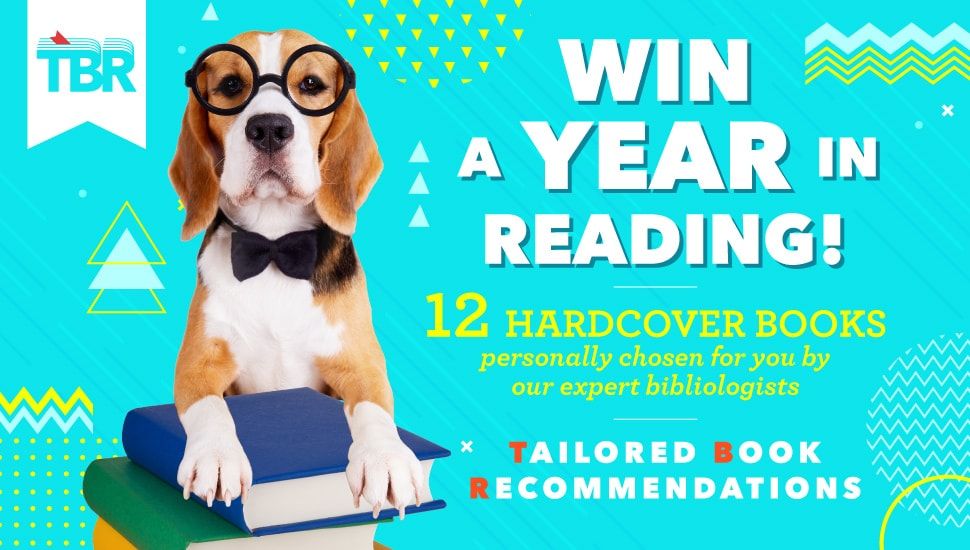
When a Book is an Inoculation
This is a guest post from Ashley Bowen-Murphy. Ashley is a graduate student. She researches the history and culture of health and medicine from the American Civil War to World War I. If she’s not poking around in archives or museums, she’s reading mysteries and feminist graphic novels. Follow her on Twitter @BowenMurphy.
I grew up in suburban Dallas in the 1990s. Talk-radio reigned and church attendance was assumed. I went to a mostly white public school and mostly didn’t question the messages I heard on television, the radio, or in my community. I was a kid, after all, and everybody basically got along in this little enclave of white, upper-middle class life. Looking back, it’s hard to admit I ever parrotted snippets I overheard from Rush Limbaugh shows.
At the same time, I read. Sometime in fifth grade, a school librarian introduced me to Mildred Taylor’s books and I just devoured them. I’m sure I started with Roll of Thunder, Hear My Cry and then went through the rest of that series. The books follow the Logan family in Mississippi from the Great Depression through World War II and the early Civil Rights Movement.
My guess is that the librarian recommended Taylor’s books to me because I’d read all the American Girls books. This was the early 1990s, Addy Walker hadn’t yet entered the American Girl series (I’m on the old end of millennial, y’all) so this was the first sustained exposure I had to the history of American racism. At best, I had a kind of generic understanding of the Civil Rights Movement in which, as former SNCC field secretary Charles E. Cobb Jr. said, “Rosa sat down, Martin stood up, then the white folks saw the light and saved the day.” I don’t remember exactly what it was like to encounter the Logan family for the first time, read the n-word used in the mouths of overtly racist white people, or grapple to make sense of the sharecropping system. But I know that, when a friend recently asked what book or movie first got me to recognize racism in the US, I didn’t reply with the Autobiography of Malcolm X or any Toni Morrison, or W. E. B. Du Bois. Instead, I instantly said, “Mildred Taylor’s series!”
I’m hardly alone in finding Taylor’s books transformative (not to mention just damn good reading). A quick search on Amazon found entire curriculums built around her books and Google can direct you to a ton of resources for using Taylor’s books in the classroom. Taylor comes up semi-regularly in articles published by Teaching Tolerance, a program affiliated with the Southern Poverty Law Center. Roll of Thunder, Hear My Cry won the 1977 Newbery Award and Taylor has won three Coretta Scott King Awards. She does not need a white woman from Texas telling you how amazing her books are, she’s got plenty of champions.
Still, the more studies I read about how books make people more empathetic or how reading Harry Potter improves kids’ tolerance, the more thankful I am that Mildred Taylor’s books showed up in my life when they did. Long before I knew about The Green Book or the travel restrictions on African Americans, I’d read about them in The Gold Cadillac. Even though I didn’t know the term microaggressions, Cassie Logan’s life in Mississippi demonstrated the ways racism shapes many interactions. Taylor’s books prepared me to question the messages I overheard on talk radio. Even though I didn’t yet have the language to push back against racialized language, I could at least registered that something wasn’t right.
I’m not immune to racism and I certainly benefit from all kinds of white, cis, hetero privilege. I still have work to do (don’t we all) but I’m convinced that Roll of Thunder got me through my particular environment and set me up to read Toni Morrison, W. E. B. Du Bois, and Between the World and Me a few decades later.











